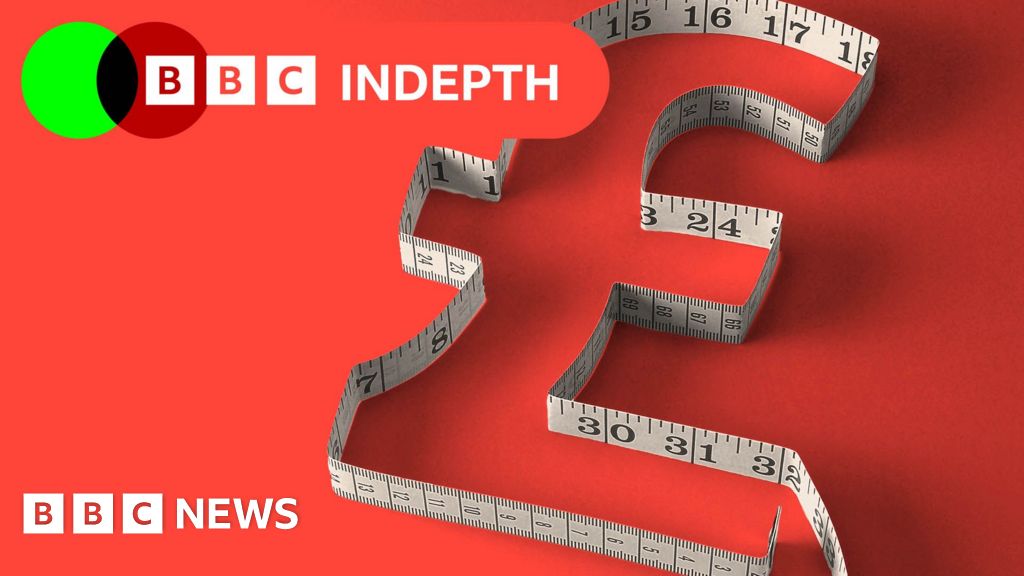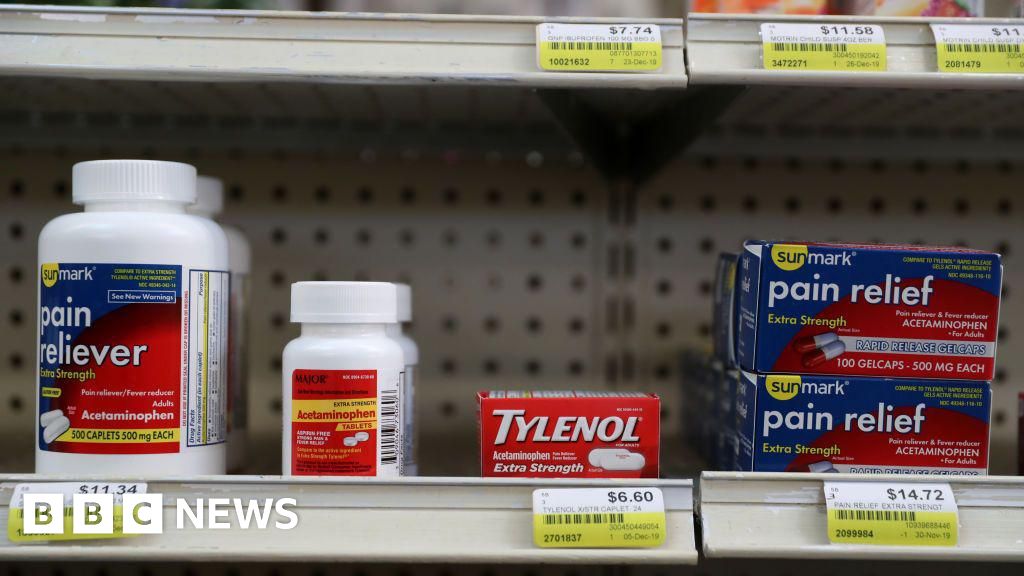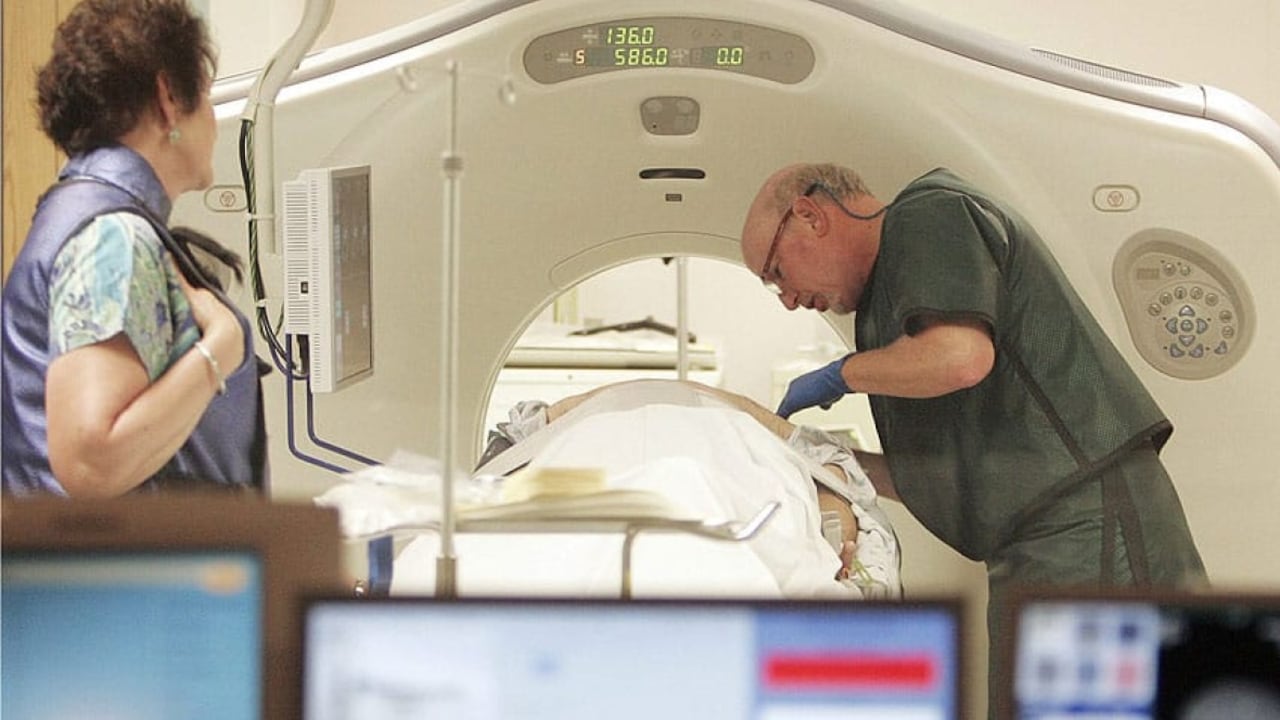New Rules Target Junk Food Promotions in England to Combat Obesity
New measures aimed at tackling obesity, particularly among children, have come into effect in England. These regulations ban price-slashing supermarket deals like "buy one, get one free" on unhealthy foods, as well as free refills of sugary drinks in restaurants and cafes. The move follows years of delays and aims to promote healthier choices and reduce childhood obesity rates.
Key Changes in Junk Food Promotion Regulations
The new regulations impact supermarkets, larger high street shops, and online retailers. They outlaw multi-buy offers on items high in sugar, salt, and fat, including sweets, crisps, and sugary drinks. Furthermore, free refills of certain drinks are now prohibited in restaurants and cafes. These measures are intended to discourage impulsive purchases and normalize healthier buying habits.
- Ban on multi-buy deals: "Buy one, get one free" offers on unhealthy items are now illegal.
- Restriction on refills: Free refills of sugary drinks are prohibited in restaurants and cafes.
- Advertising restrictions: A ban on online adverts for unhealthy food and drinks is slated for January, alongside restrictions on TV advertising before 9pm.
Government's Stance and Expert Opinions
A spokesman for the Department of Health and Social Care emphasized that these restrictions are a "crucial step" in providing children with a healthy start to life. They stated that "obesity robs children of the best possible start in life, sets them up for a lifetime of health problems and costs the NHS billions." Greg Fell, president of the Association of Public Health Directors, welcomed the measures as "long overdue" but cautioned that they are just a first step.
"Multi-buy promotions don't save people money—they encourage them to spend more. They normalise buying more, and more often," - Greg Fell, president of the Association of Public Health Directors.
Defining Unhealthy Foods
The government has implemented a classification system to identify foods that significantly contribute to obesity. This includes a range of items, from fizzy drinks and sugary snacks like sweets and chocolates to cakes, pastries, ice creams, crisps, and some pizzas and fishfingers. The goal is to target products that have the most impact on childhood obesity rates.
Evidence of Impact and Future Steps
Research suggests that restrictions on unhealthy food promotions can be effective. A University of Leeds study found a decrease in sales of unhealthy items after supermarkets were banned from placing them at checkouts and aisle ends in 2022, resulting in approximately two million fewer products sold daily. Despite this, some campaigners argue that further steps are needed, including tighter rules on sports sponsorship, investment in active travel, and healthier school food.
| Policy | Details |
|---|---|
| "Buy one, get one free" ban | Prohibits multi-buy deals on unhealthy foods. |
| Refill restriction | Bans free refills of sugary drinks in restaurants. |
| Advertising restrictions | Limits online and TV advertising of unhealthy food and drinks. |
While retailers have largely accepted the changes and begun implementing them, experts emphasize the need for continuous efforts to combat obesity and promote healthier lifestyles across the population. Similar restrictions are expected to follow in Wales and Scotland.
 Visit the website
Visit the website






